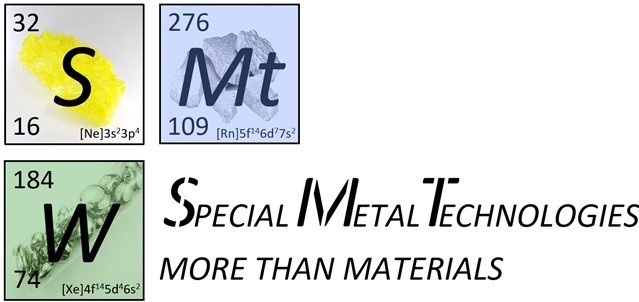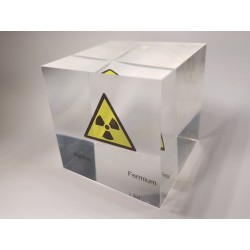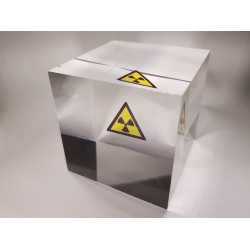- Shop
- Acrylic cubes
-
Elements
- Hydrogen
- Helium
- Lithium
- Beryllium
- Boron
- Carbon
- Nitrogen
- Oxygen
- Fluorine
- Neon
- Sodium
- Magnesium
- Aluminium
- Silicon
- Phosphorus
- Sulfur
- Chlorine
- Argon
- Potassium
- Calcium
- Scandium
- Titanium
- Vanadium
- Chromium
- Manganese
- Iron
- Cobalt
- Nickel
- Copper
- Zinc
- Gallium
- Germanium
- Arsenic
- Selenium
- Bromine
- Krypton
- Rubidium
- Strontium
- Yttrium
- Zirconium
- Niobium
- Molybdenum
- Technetium
- Ruthenium
- Rhodium
- Palladium
- Silver
- Cadmium
- Indium
- Tin
- Antimony
- Tellurium
- Iodine
- Xenon
- Cesium
- Barium
- Lanthanum
- Cerium
- Praseodymium
- Neodymium
- Promethium
- Samarium
- Europium
- Gadolinium
- Terbium
- Dysprosium
- Holmium
- Erbium
- Thulium
- Ytterbium
- Lutetium
- Hafnium
- Tantalum
- Tungsten
- Rhenium
- Osmium
- Iridium
- Platinum
- Gold
- Mercury
- Thallium
- Lead
- Bismuth
- Polonium
- Astatine
- Radon
- Francium
- Radium
- Actinium
- Thorium
- Protactinium
- Uranium
- Neptunium
- Plutonium
- Americium
- Curium
- Berkelium
- Californium
- Einsteinium
- Fermium
- Mendelewium
- Nobelium
- Lawrencium
- Rutherfordium
- Dubnium
- Seaborgium
- Bohrium
- Hassium
- Meitnerium
- Darmstadtium
- Roentgenium
- Copernicium
- Nihonium
- Flerovium
- Moscovium
- Livermorium
- Tennessine
- Oganesson
- Buch
- References
- Periodic Tables
- Metalle Wimmer
- Metametals
Fermium
Fermium, with the chemical symbol Fm and atomic number 100, is a fascinating artificially produced chemical element. It was first discovered in 1952 by American scientists Albert Ghiorso, Ralph A. James, and Glenn T. Seaborg at the Lawrence Berkeley National Laboratory. The researchers synthesized fermium by irradiating neptunium with neutrons during the "Operation Ivy" nuclear tests.
The name "Fermium" honors the distinguished physicist Enrico Fermi, who made significant contributions to the development of nuclear physics. The discovery took place during intensive research in the field of transuranic elements, contributing to a deeper understanding of atomic nucleus structure. Fermium is extremely rare on Earth and is primarily produced in nuclear reactors or through the decay of other transuranic elements. Due to its strong radioactivity, fermium has limited applications. It is used in research for specialized studies on nuclear structure and in medical diagnostics.
The key fermium isotopes are Fermium-255, Fermium-257, and Fermium-259. Fermium-255 has a half-life of about 20 hours, Fermium-257 about 100 days, and Fermium-259 about 31.5 days.
There are 2 products.
Active filters


